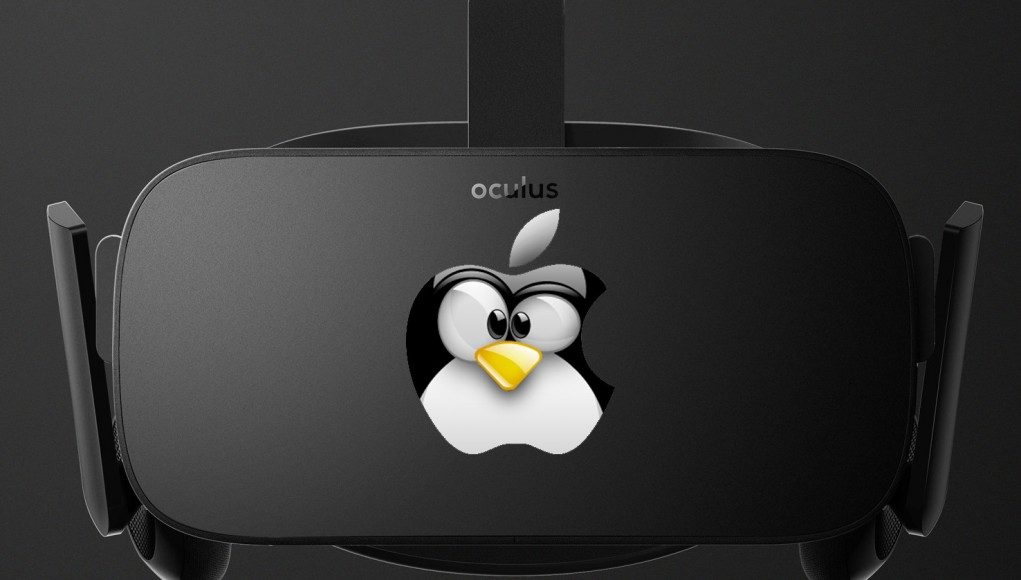Oculus have announced what PC specs you’ll need to deliver a great Windows based VR experience. However, Oculus Mac OSX and Linux VR users are out of luck as Oculus have stated that they’re “pausing” development for those platforms.

Oculus finally delivered details the VR community and the wider gaming community had been waiting for yesterday, releasing the recommended specifications for hardware to support Oculus’ first consumer VR headset. But it’s clear now that Oculus sees Windows as the target platform for PC gamers for at least the foreseeable future. In a follow up blog post, Chief Architect at Oculus Atman Binstock dug further in to those specifications and towards the end, dropped a small bomb on OSX and Linux VR users:
Our development for OS X and Linux has been paused in order to focus on delivering a high quality consumer-level VR experience at launch across hardware, software, and content on Windows. We want to get back to development for OS X and Linux but we don’t have a timeline.
It’s a move likely to disappoint fans of open source and Mac users, but it seems Oculus feel that focusing their internal resources on delivering the best Windows experience possible is the way forward for now.
Frankly, it does seems like a smart move for Oculus. Delivering consumer grade virtual reality is tough enough without having to juggle the support of multiple platforms as well and Windows is by far the largest OS platform for desktop gaming.
The question this raises however is: Where does this leave support for Valve’s Steam OS platform? We’ll be looking at this in a forthcoming post.
It was back in May 2014 that Oculus first added Mac and Linux support to their early Oculus SDK 0.3.2. Support for the operating systems was dropped out of the SDK when the company moved up to 0.4.0, but Mac eventually returned in the August 0.4.1 release and “experimental” Linux support returned in October with 0.4.3.
The company’s initial 2012 Kickstarter showed Mac and Linux icons amidst those of Windows, Android, and iOS, which seemed to be an indication of a commitment to those platforms. And while the company technically did provide an SDK capable of Mac and Linux development (still accessible via their developer portal) for the product that was the focus of the Kickstarter (the Rift DK1), backers may understandably be disappointed that their once-supported OS is no longer a priority. iOS, on the other hand, has never seen official support from Oculus, likely due to restrictions on Apple’s mobile platform.







